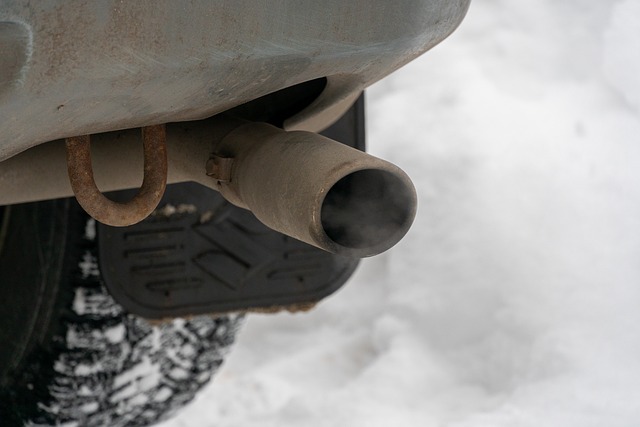
A ban on selling new ICE vehicles in the UK is approaching – but successive governments keep moving the goalposts on when it will happen. In this two-parter, we look at the current state of play with the ICE ban and whether the UK can get there in time.
Pick a date, any date…
By now, most of us know that the UK Government plans to phase out the sale of ICE vehicles. This is in order to reduce harmful air pollution – especially of particulates and nitrogen oxides – and to lower the nation’s carbon emissions.
What’s as clear as mud, however, is when this will happen and what form it will take.
A short trip down memory lane shows us how the date of the ‘sales ban’ has been moved here, there and everywhere:
-
- 2017. Under Theresa May’s government, environment secretary Michael Gove announces that there will be no new petrol or diesel vehicles being sold by 2040. This is in line with the French government’s similar proposal.
-
- 2020. After criticism that the 2040 deadline was not ambitious enough, the Johnson government announces that new ICE vehicles without much hybrid capability (those that can’t go ‘a significant distance’ under battery power) will be removed from sale by 2030, and all vehicles on sale will be zero emission by 2035.
-
- 2023. Rishi Sunak pushes the 2030 deadline back to 2035. He says that the UK needs more time for the auto industry to compete with China, and for electric vehicle infrastructure to grow.
-
- 2023 again: the Sunak government introduces the zero emissions vehicle mandate, in which manufacturers must sell a certain proportion of EVs or face a fine for every non-compliant vehicle over their quota. The proportion of ZEVs that must be sold will gradually rise each year.
- 2024: In its manifesto, Labour states that in the event of it winning the general election, it will reinstate the 2030 deadline.
Where does that leave us?
Well, as we know, Labour won. By the time you read this, they could well have officially announced the shift back to 2030. Although it wasn’t mentioned in the King’s Speech, the ever-lovable Daily Mail reckons it has the inside scoop:
But now a Department for Transport spokesperson has officially confirmed to us that the acceleration of the deadline will go ahead.
‘We’re committed to delivering greener transport by supporting the transition to electric vehicles,’ they said.
‘This includes phasing out the sale of new petrol and diesel cars by 2030 and accelerating the rollout of charge points. We will set out more details in due course.’
This echoes what industry stakeholders have recently been told.
As far as we know then, we’re back on track for 2030.
Uncertainty remains
Hang on, though. What will that ‘ban’ of ICE sales actually cover? You’ll remember that the Johnson government’s 2030 deadline was only for ICE vehicles that could not travel a significant distance without battery power. The ‘significant distance’ was going to be decided through consultation, but we’re uncertain whether that happened or not. As we write this, it’s not clear whether Labour’s 2030 plan involves stopping sales of:
- any car with an exhaust (only full-on battery electric vehicles will be sold)
- any car that doesn’t have a plug (ICE cars can be sold if they can also run on an externally-charged battery)
- any car that doesn’t have a hybrid system (so-called ‘mild hybrids’ will be OK for sale – ICE cars with batteries that are charged from the car’s engine and braking).
Obviously, there’s a big difference between the three possibilities. In July 2024, mild hybrids already accounted for 8.9% of new vehicles sold in the UK, and 14.5% were plug-in hybrids, so the move to a landscape that includes these will be less drastic.
For these all-important details, it’s still ‘watch this space’.
Next time, we’ll look at why all this dithering has been driving the auto industry potty, why many manufacturers are actually happy about the 2030 deadline, and whether the UK is really going to be ready for the big switch.
The WVS blog covers a wide range of automotive topics, from the contentious to the light-hearted. WVS provides services, repairs and MOTs, delivering a main dealer level of care at affordable prices. To book your vehicle in, or for any enquiries, get in touch.
